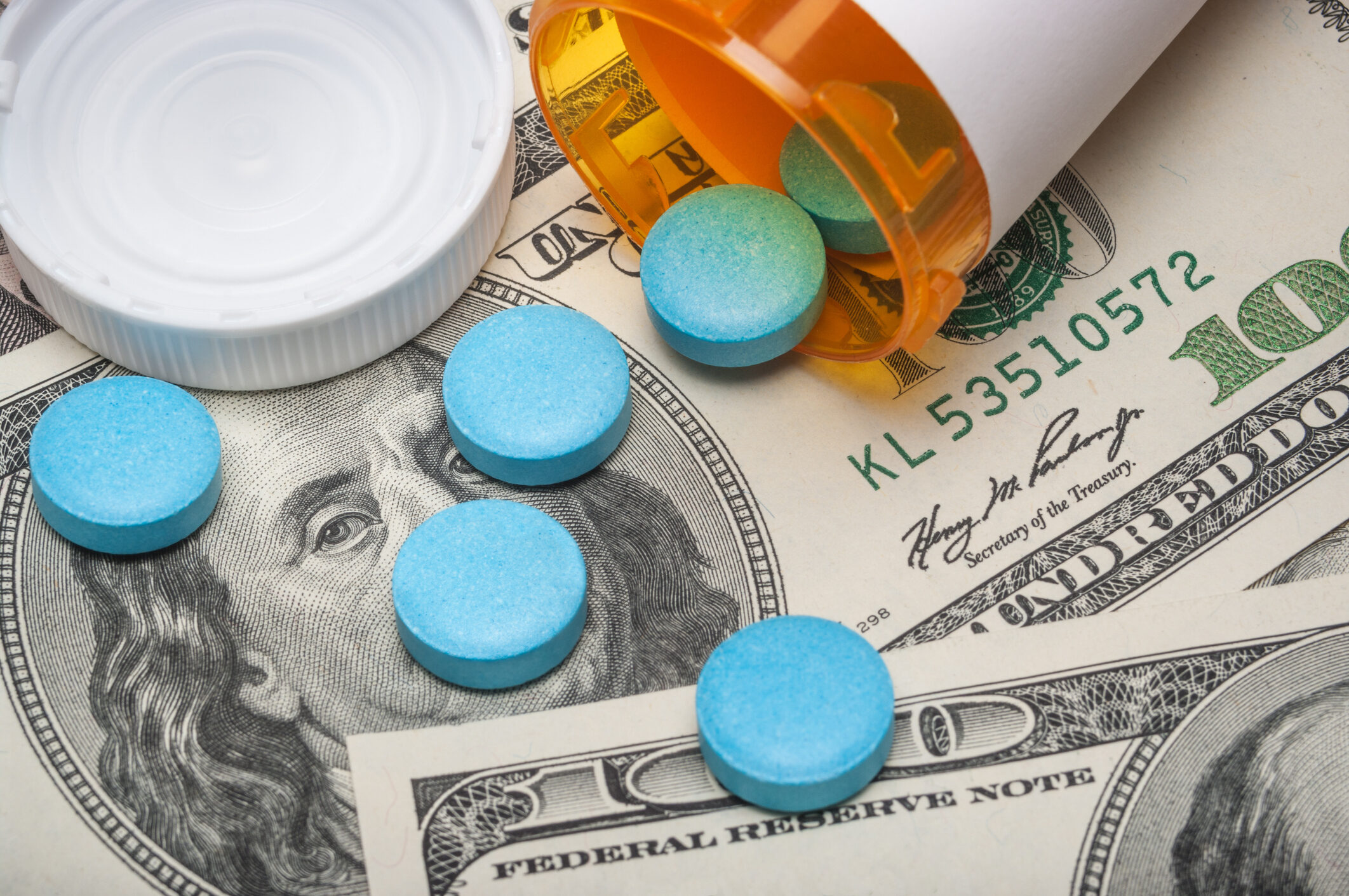© 2024 CSRXP- All Rights Reserved

CSRXP WELCOMES FDA APPROVAL OF FIRST INTERCHANGEABLE BIOSIMILAR FOR HUMIRA AS POSITIVE FIRST STEP
Oct 20, 2021
U.S. Food & Drug Administration Approval of Cyltezo Marks Second Interchangeable Biosimilar Approved by Agency
Washington, D.C. – The Campaign for Sustainable Rx Pricing (CSRxP) released a statement today in response to the Food and Drug Administration’s (FDA) decision Monday to approve interchangeable biosimilar Cyltezo, as an alternative to low dose applications of brand name manufacturer AbbVie’s rheumatoid arthritis drug, Humira.
“CSRxP has been a longtime champion for interchangeable biologics and biosimilars that can provide Americans more affordable alternatives to brand name products like Humira, which has long served as a case study for Big Pharma’s greed,” said CSRxP executive director Lauren Aronson. “AbbVie’s egregious anti-competitive and price-hiking practices around Humira blocked competition for nearly forty years and cost patients, taxpayers and the health system billions of dollars.”
“While much more must be done, applauds the FDA’s continued commitment to interchangeable products and welcomes the approval of Cyltezo as a positive first step toward encouraging greater competition to Humira,” Aronson added.
In July, the FDA approved interchangeable biologic Semglee, as an alternative to brand name manufacturer Sanofi’s Lantus insulin product. Read CSRxP’s release on the Semglee approval HERE.
In May 2019, CSRxP praised the FDA for finalizing guidance on interchangeable biologics. “This guidance marks great progress toward clearing barriers to investment in biologics that will help lower prescription drug prices and deliver relief for patients,” said CSRxP executive director Lauren Aronson in a statement at the time. “The FDA’s framework will allow interchangeable biologics to develop and enter the market more easily, providing patients with more choice and boosting competition.”
In 2018, CSRxP sent a letter, co-signed by more than a dozen health care organizations, to then-FDA Commissioner Scott Gottlieb urging the agency to finalize guidelines for interchangeable biologics. The letter stressed that providing a clear, consistent framework would encourage manufacturers to invest more in research and development of interchangeable products.
AbbVie & Humira: A Case Study in Big Pharma’s Greed
Humira and its manufacturer AbbVie have long drawn scrutiny, and for good reason, as the drug is a prime example of Big Pharma’s anti-competitive and price-gouging behavior.
Earlier this year, during a hearing before the U.S. House Committee on Oversight and Reform, AbbVie CEO Richard Gonzalez admitted that generic and biosimilar competition work to lower prices and that AbbVie and other brand name drugmakers’ patent schemes are designed to extend monopolies and maintain “pricing power.”
SALES DRIVEN BY PRICE GOUGING, PATENT THICKETS & PRICE HIKES
AbbVie’s eye-popping sales for Humira have been driven by a concerted strategy to block competition by building a patent thicket around the drug, and by consistently increasing the price of the drug.
- Humira was the #1 selling drug in the world with $20.39 billion in sales in 2020.
- Humira’s price almost doubled from 2012 to 2018 – from about $19,000 to $38,000.
- AbbVie holds 130 patents on Humira in the United States, blocking competition for up to 39 years.
- Humira was first approved in 2002, meaning the drug has gone almost 20 years without any biosimilar competition.
- AbbVie has hiked the price of Humira at least 7.4 percent each of the last five years – including at the start of 2021.
SIGNIFICANT COST TO PATIENTS, TAXPAYERS
AbbVie’s egregious tactics around Humira come at great expense to American patients, taxpayers and the health care system:
AbbVie’s egregious tactics around Humira come at great expense to American patients, taxpayers and the health care system:
- Price Hikes On Humira Were Not Supported By Clinical Evidence And Led To A More Than $1.8 Billion Increase In Unnecessary U.S. Drug Spending. Price hikes on AbbVie’s Humira were not supported by new clinical evidence and accounted for an unnecessary increase in U.S. drug spending of more than $1.8 billion from 2017-2018 according to ICER. (Arlene Weintraub, “AbbVie’s Humira, Roche’s Rituxan top ICER’s list of worst price-hike offenders,” FierceHealthcare, 10/8/2019)
- The Lack Of Biosimilar Competition To Humira In The U.S. Is Estimated To Cost American Payers And Taxpayers $14.4 Billion. According to I-MAK the lack of biosimilar competition to Humira in the U.S. is “estimated to cost American payers and taxpayers an excess of $14.4 billion.” (“Overpatented, Overpriced,” I-MAK, 10/1/2020)
- Sales Of Humira Plummeted Over 35 Percent In The First Year The Drug Faced Biosimilar Competition In International Markets. Sales of Humira dropped 35.2 percent in the first year after patent exclusivity expired in international markets — allowing more affordable biosimilar competitors to enter the market and drive down prices. Over the same period, U.S. sales of Humira climbed by 7.7 percent where AbbVie maintains monopoly status on the drug. (Zacks Equity Research, “AbbVie (ABBV) Beats Q2 Earnings and Revenues, Shares Up,” Yahoo Finance, 7/26/19)
- AbbVie’s CFO Boasted About The Company’s Patent Strategy In The U.S. In September 2018, AbbVie’s Chief Financial Officer Bill Chase boasted about extending Humira’s U.S. monopoly, even as more affordable competitors were brought to market in Europe, saying, “you’ve seen us execute very nicely with our legal strategy and the settlements around the U.S. events to delay the onset of [competition].” (Bob Herman, “AbbVie Boasts Of Extending Humira’s U.S. Monopoly,” Axios, 9/12/18)
Read the U.S. Food & Drug Administration’s press release on the approval of Cyltezo HERE.
Read more about AbbVie’s Humira as a case study in Big Pharma greed HERE.
Learn more on market-based solutions to hold Big Pharma accountable and lower prescription drug prices HERE.
